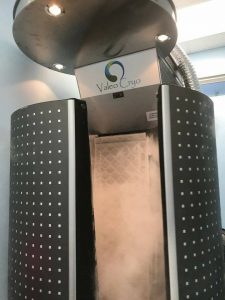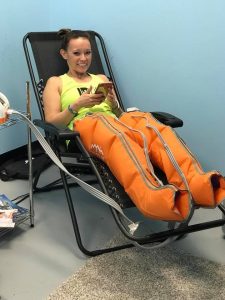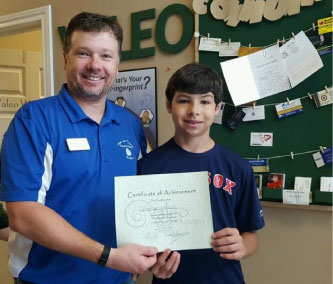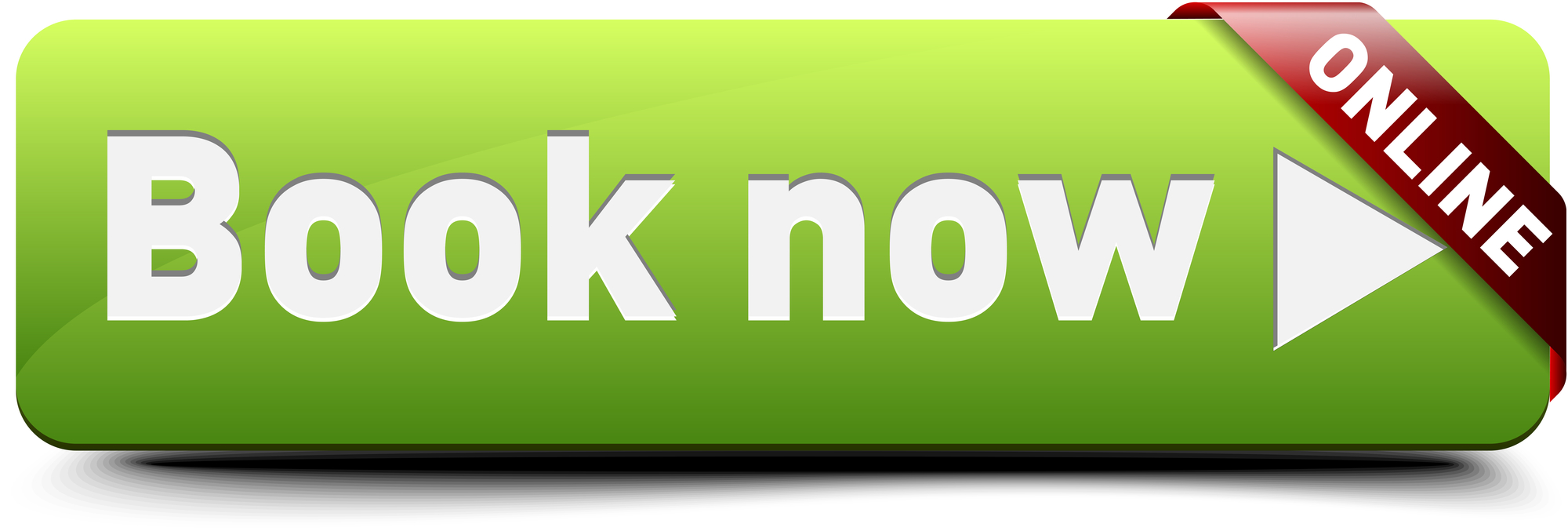 Properly training for a marathon is important but recovering from a marathon is just as crucial. If you don’t properly recover from your marathon, you will increase your injury risk, increase total recovery time, and limit your long-term potential making it harder to break your PR and stay healthy.
Properly training for a marathon is important but recovering from a marathon is just as crucial. If you don’t properly recover from your marathon, you will increase your injury risk, increase total recovery time, and limit your long-term potential making it harder to break your PR and stay healthy.
While everyone’s recovery is different, we want to cover some post-race options. Once you finish the race, keep walking for about 10 minutes. When you keep walking, your heart rate gradually drops, the circulation diverts back to its resting state and flushes lactic acid from the muscle.
Eat a small snack within the first 30 minutes to an hour after the race. Eating around 200-300 easily digested calories from carbohydrates and protein to maintain blood sugar levels, replenish muscle glycogen, and repair muscle tissue. Your body will not be capable of breaking down large meals after your marathon, but the small snacks will provide the nutrients needed.
Something often not considered is your immune system. You are much more susceptible to illness after running a 26.2 mile marathon so be sure to consume some extra Vitamin C. Magnesium is also important for runners. Magnesium is essential for optimal muscle function. A deficiency in magnesium can result in muscle and nerve twitches, spasms and cramping. You can also experience a buildup of lactic acid, shin splints and painful muscles during and after your run. According to the American Society for Clinical Nutrition, women are particularly more prone to have a Magnesium deficiency.
During your run it is important to know how much water you need to drink. Both dehydration and over hydration are dangerous to the body. Dehydration can lead to even more soreness, stomach cramps, GI distress, and seizure.
Over hydration, also called hyponatremia, symptoms include: disorientation, confusion, headache, muscle weakness, nausea and vomiting- very similar to those of dehydration. If left untreated, it can lead to seizures, brain swelling, pulmonary edema, comatose, cardiorespiratory arrest or death.
According to the USCF Medical Center, you should make a conscious effort to stay well hydrated at least 48 hours before the start of your marathon. The American College of Sports Medicine recommends drinking 5 to 12 ounces of fluids every 15 to 20 minutes during a marathon, although this is often difficult to accomplish and can result in over hydration if your sweat loss is low. Therefore, it is recommended that you learn how much your body needs to consume to stay well hydrated during your training period, especially on the long runs.
To hydrate before a marathon, try drinking two 8-ounce glasses of water or sports drink exactly two hours before the run starts so that by the time the race begins, the fluids will have been absorbed into your system. If you think you may take longer than five hours to run the marathon, keep in mind that your sweat losses will be less, and so you will not have to drink as much fluid before the race.
Some other options for helping your sore muscles include foam rolling, compression boots, cryotherapy, massage and acupuncture. You should wait at least two hours after the race for foam rolling, and at least 24 hours before getting your massage.
 Compression boots condense blood into localized areas for seconds at a time. This causes higher levels of oxygen into individual muscles in the leg, helping to speed up muscle recovery. Overall lymph drainage is boosted, along with a boost in circulation, while lactic acid is flushed out of the legs.
Compression boots condense blood into localized areas for seconds at a time. This causes higher levels of oxygen into individual muscles in the leg, helping to speed up muscle recovery. Overall lymph drainage is boosted, along with a boost in circulation, while lactic acid is flushed out of the legs.
Cryotherapy after your run can help soothe, comfort, and provide relief from musculoskeletal pain. It can also help eliminated muscle discomfort and fatigue. Some other benefits of a cryo session include: removal of toxins, reduces swelling and muscle spasms, and the results show almost immediately.
If post-race you are feeling pain, muscle discomfort, joint pain, swelling or soreness, please come see us here at Valeo. We offer physical therapy, cryotherapy, compression boots, fitness training, massage and acupuncture. Valeo is a medically supervised clinic and we are here to help you.
CLICK this link to Schedule a FREE Discovery Session to see if this is right for you!!

